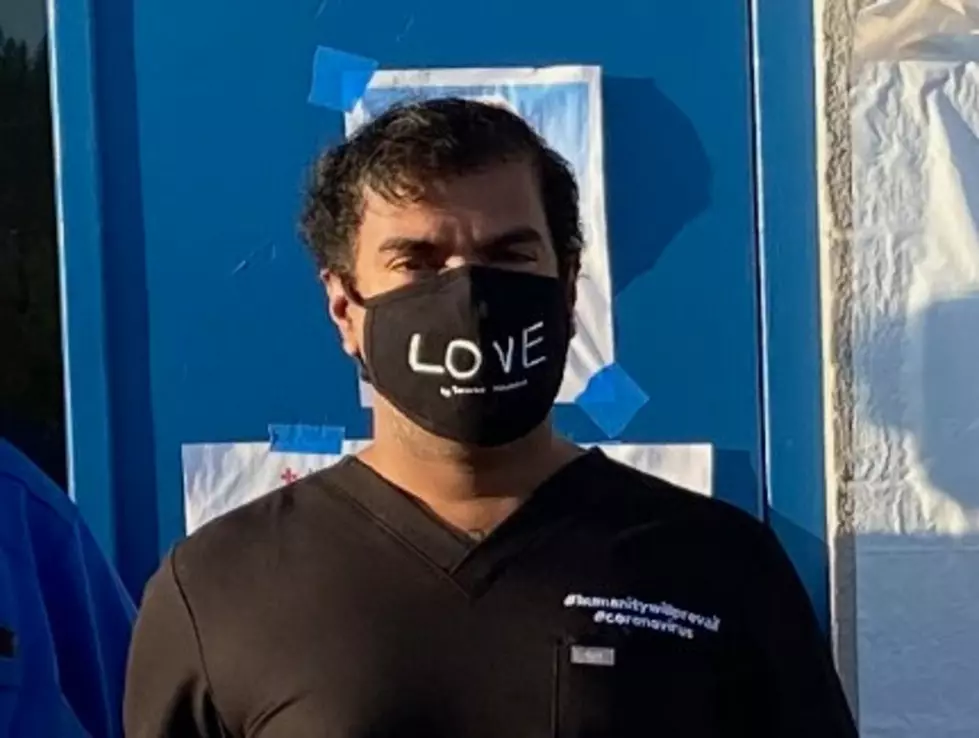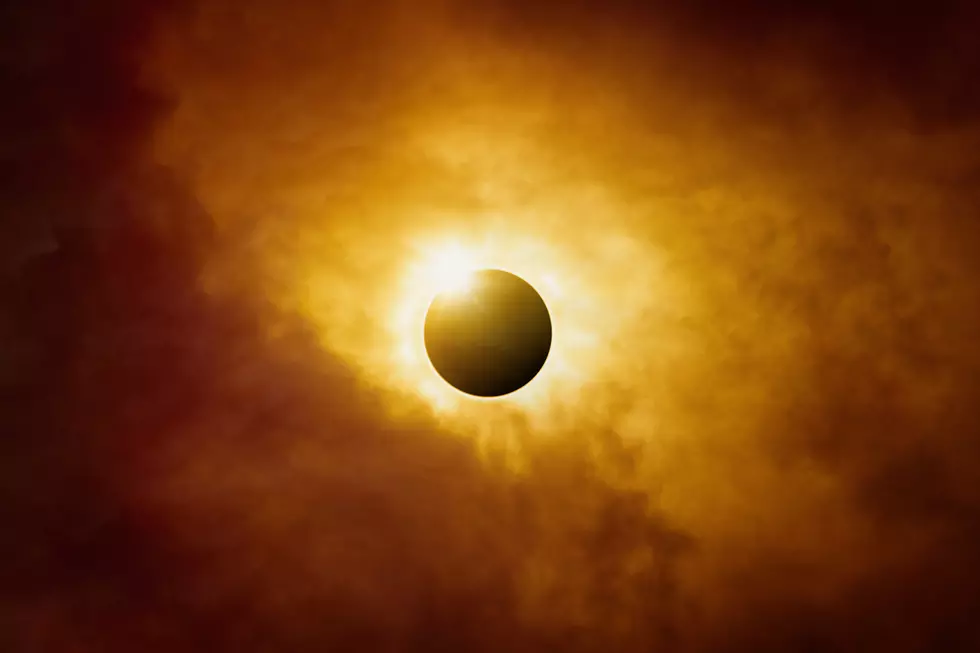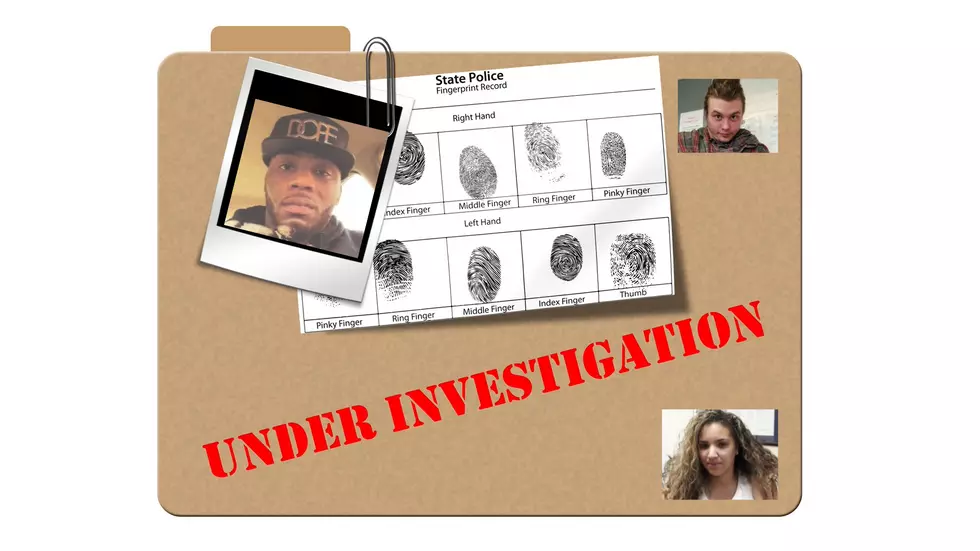
Top Doctor Talks COVID Second Wave, the Vaccine, and More
Dr. Rajeev Fernando is one of New York's top infectious disease specialists, and this week, he talks about the COVID-19 second wave, an arrival of a vaccine, and how long people are contagious when they get the virus.
When you need to know what's happening with the coronavirus, join KICKS 105.5 every Thursday morning. Dr. Rajeev Fernando answers your COVID-19 questions.
Looks like we're seeing the start of what they call a COVID-19 second wave, do you agree?
"It's interesting, up until now, or at least a couple of days ago, we're starting to see a extremely high number of cases. What's also starting to happen is the death rate is starting to creep up, and that's worrisome. I do think we're better equipped then we were in April, it's not such an invisible enemy anymore. We know what we're facing, we have good treatments, health care providers are not as scared like the last time. I am really surprised that the death rate is so high, that's very concerning for me. We have to keep a very close eye on what's going on, which is something that's very important at this point."
So, what can you attribute to the death rate being so high again? We have numerous drug treatments now, much more information then we had when the virus first broke out, so what do you think is causing this?
"One thing is, we still don't have enough information on this current trend, and up until about a week ago, the death rate wasn't that high at all, but now I'm noticing this increasing trend, and the hospitalization and death rates are increasing, and that's at one point in time. I would really need a few more days of data. In about a week, I would be in a better position to discuss that, but right now we just have limited information, I need to see if it's just a short-term spike, or if the rate will go up or down, next week I would be able to evaluate that more."
We did get some big news earlier this week, Pfizer announced a vaccine that is about 90% effective, and it should be available to certain high risk groups very soon. Would you consider this a game changer?
"To be completely honest with you, I always knew the vaccine would be successful, the question is really, how many doses are we going to need? Will we need a single dose or a double dose, and how long will it provide immunity. The thing is, what are we going to do right now? The day to day American will not be able to take the vaccine until April, at the earliest, that means we have five more months to go before someone can get this. There are studies I've seen that say if as little as just 15% of the population would wear a mask, we could save about 100,000 lives, and universal masking is the only way to go to avoid a lockdown."
Savanah in Danbury wants to know how long after you had the coronavirus are you still contagious?
"That's a great question, thanks for asking. In my experience, you won't be infected for more than 15 days. With influenza, it's usually about five days, but it's a little more with COVID-19. The way to say with certainty if you are contagious is to get a nasal PCR test at the end of your illness to make sure you're negative. It's not necessarily guideline driven, but if you want to know for sure, the PCR test from the nose will be able to tell you if you're still infected, and possibly contagious."

Social Distancing Zodiac
More From The Wolf









